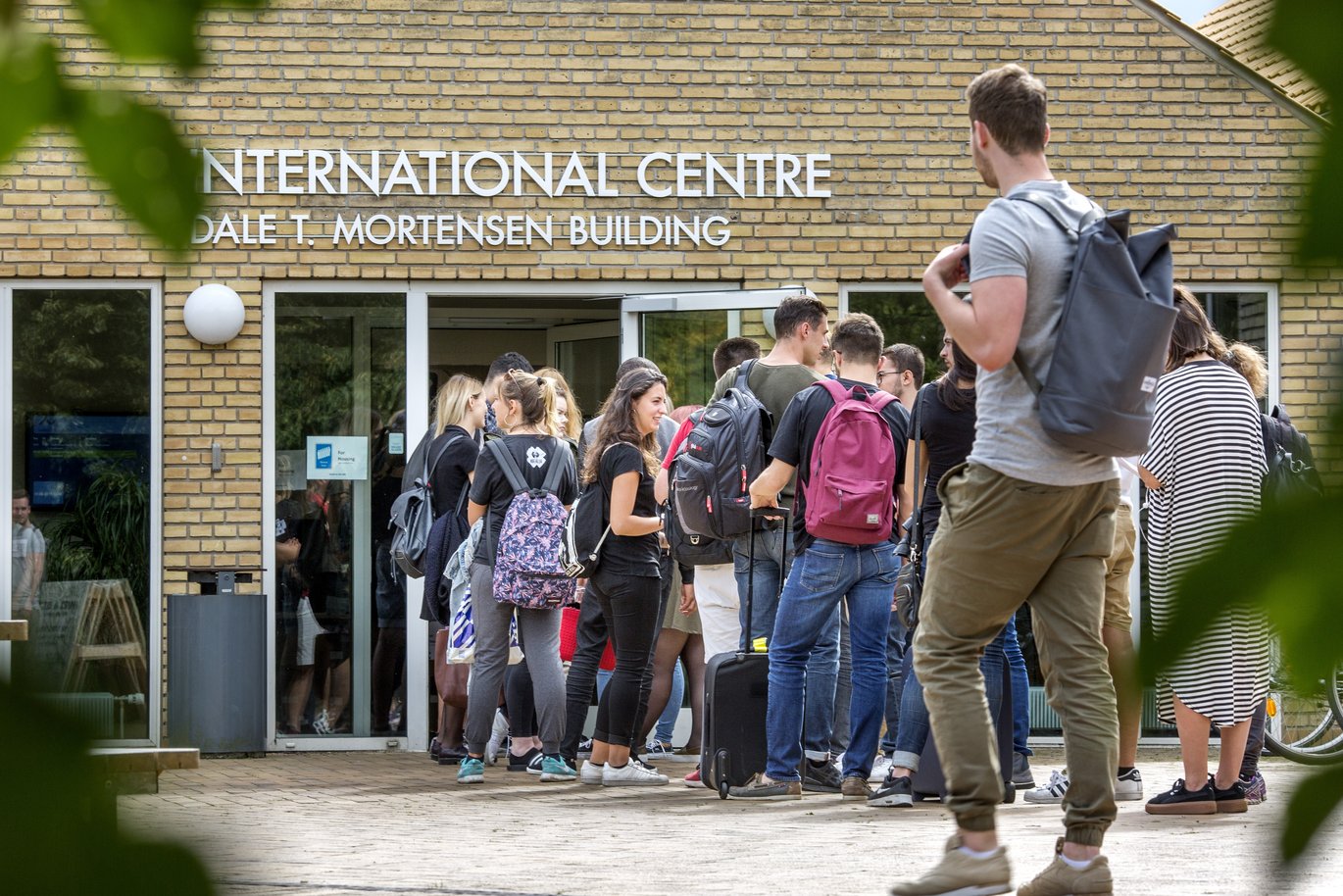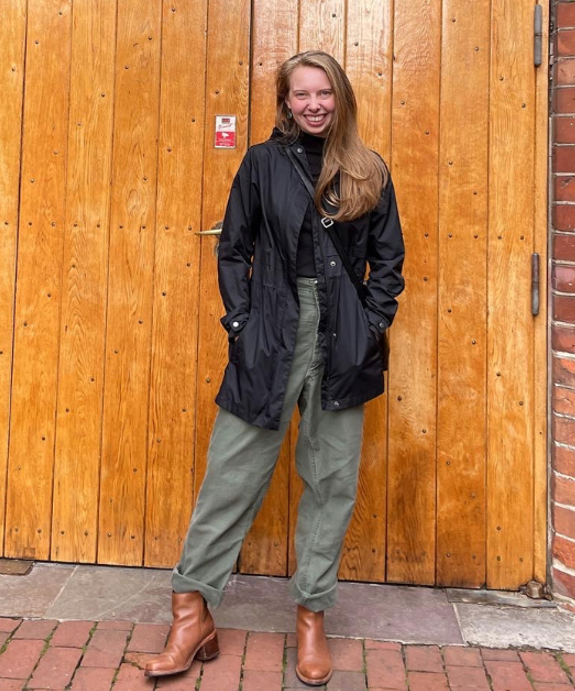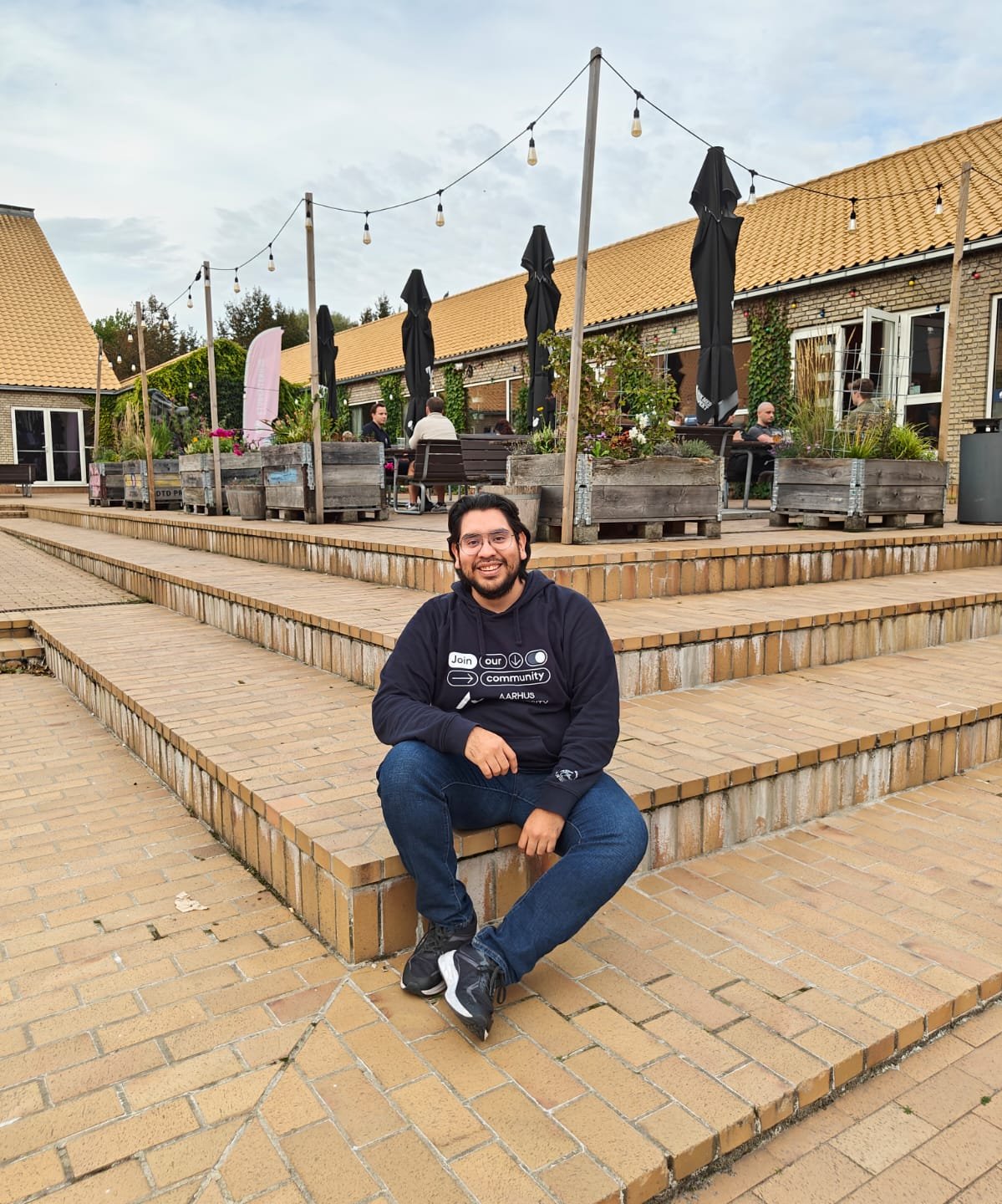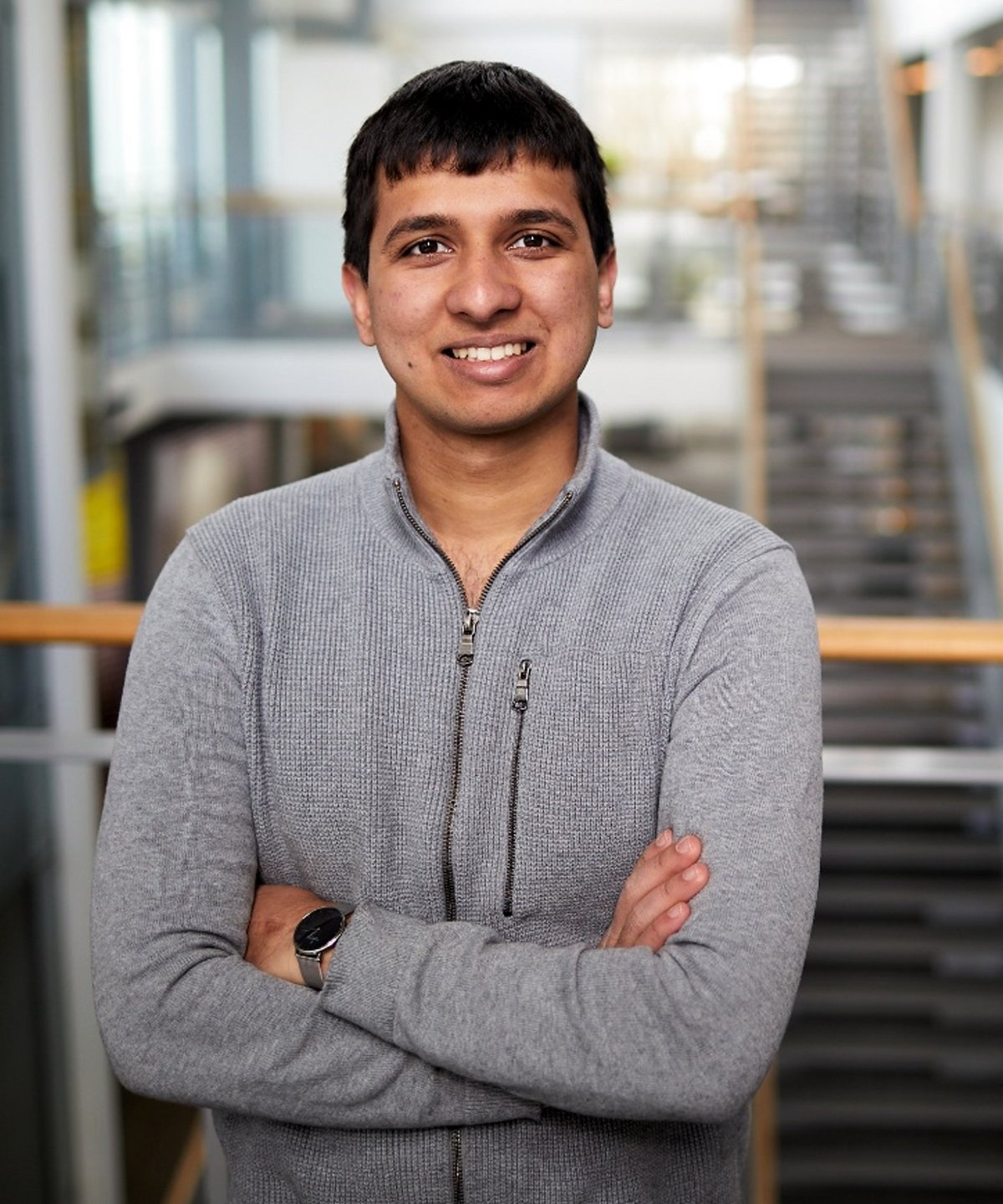Financing Your Studies as a Non-EU Student
Aarhus University offers both scholarships and tuition fee waivers for some non-EU applicants. Sounds great, right?! The only concern then is, what do you do if you don’t receive one of them? In this blog, I’m going to give you some insight into how you can finance your time in Aarhus on your own.

Attending school in Denmark as a non-EU student can sometimes be a tough pill to swallow. We have to pay tuition, we don’t receive SU (a supplemental monthly income), and scholarships aren’t given out to everyone. We have to pay to apply and the visa fees can build up quickly, not to mention our moving expenses. So, yeah. One could say there are just a few extra hurdles we have to jump over in order to attend university here. However, you’re not the first student to be in this position and you certainly won’t be the last, so today I’m here to prove to you that is POSSIBLE to study in Denmark as long as you’re willing to work for it.
You may be looking at this and asking yourself, “So why would I want to go through all that to study in Denmark,” and that’s a valid question! Here are a few common reasons people travel from all over the world to study here:
- Cheaper tuition fees for an equivalent degree (the average masters degree in the U.S. costs $37,500 per year vs the $9000 or so I pay here)
- More opportunity for work compared to many students’ home countries
- An amazing work-life balance
- Danish education is highly regarded worldwide
- Experiencing life in a Nordic country
Most international students, EU and non-EU, have part-time jobs to pay for their living expenses. Currently, non-EU students are allowed to work 20 hours per week (although this may change, so check nyidanmark.dk for the most updated info) but then in the summer, we can work full-time. This means that you can work any job you can find at any pay rate you can get and work up to the total allotted hours for each week. This allows for us to fund our studies and living expenses year-round. However, it’s important to understand that we are students, and therefore are most likely going to be living on a student budget, so it’s OKAY to not be making a lot of money at the very beginning. That’s why you’re earning your degree, so that you’ll be able to earn more and live the lifestyle you desire. It just may take some time to get there.
Meet Ciel From the U.S.
Current Student earning her masters in Intercultural Studies. Ciel ives in Denmark with her husband, Erik, also from the U.S.
Expenses:
Rent | 4300 DKK (625 USD) / month | Living in a 41 m2 private appartment |
Utilities | 765 DKK (111 USD) / month | Heat, Laundry and Water |
Groceries | 1084 DKK (157 USD) / week | We RARELY eat out |
Buss Pass for two People | 226 DKK (33 USD) / month (variable) | We use Rejsekort Personals and I have a Young Person Discount |
2 Bikes (one-time expense) | 9600 DKK (1400 USD) | Bought used, first 3 tune-ups free |
Other (phone, internet, subscriptions) | 440 DKK (64 USD) |
Income:
Ciel - Student Assistant | 129 DKK (18,76 USD) / hour | Works 12 hours / week |
Erik - Warehouse Worker | 130 DKK (19.41 USD) / hour | Works 35 hours / week |

Meet Edgar from Mexico
Next up, we have Edgar from Mexico. A third-semester masters student, he currently works two part-time jobs at once to fund his stay here in Aarhus. He lives in a student dormitory and does his best to maintain a monthly budget.
Current Student of MSc in Civil and Architectural Engineering
Expenses:
Rent | 3300 DKK (470 USD) /month | Dorm including services (electricity, internet, etc.) |
Food (supermarket) | 200-500 DKK (30-75 USD) /week | First week is more, the following are less |
Bike | 180 DKK (25 USD) / month | Rental |
Transport | 50 – 100 DKK (7–14 USD) / month | Occasionally, not all months (weather dependent) |
Other/Social | 500 - 800 DKK (75-114 USD) |
Income:
Bartender | 110 DKK (16 USD) /hour | Work around 7-8 hours per week |
Student Assistant | 135 DKK (19 USD) / hour | Work around 10-12 hours per week |

Meet Vidur from India
Finally, we have Vidur from India. Now an alumnus of computer science, his first student job was as a dishwasher that then turned into a chef position. He then left the restaurant to begin his second job as a student developer, earning a higher hourly wage. He kept to a strict budget with groceries and benefited from living in one of Aarhus’ cheapest dorms.
Expenses:
Rent | 2200 DKK (310 USD) /month | One of the cheapest dorms in Aarhus |
Food (own cooking) | 230-350 DKK (35-50 USD) /week | Very tight budget at first and later at $50/week |
Gym membership | 200 DKK (28 USD) / month | |
Bike | 500 DKK (70 USD) |
Income:
First: Chef at a restaurant | 125 DKK /hour (17.5 USD) | Worked 18-19 hours per week |
Later: Job at Grundfos as student developer | 155 DKK/hour (22 USD) | Worked 14-15 hours per week |

As you can see, there are multiple ways to finance your studies at AU. I’m not saying it’s going to be easy, but the benefits of living in Denmark make the extra work worthwhile. I’ll now leave you with some final tips to making the most out of your finances here in Denmark:
- Buy groceries that are on sale or from one of the many discounted food organizations here in Aarhus
- Budget your time, as well as your money
Make sure you’re giving yourself ample time to work, study, and relax with friends. It’s doable, I PROMISE. The reason employees are so happy and productive here is because of the Danish work-life balance.
- Remember, you can earn a lot of money during the summer and then budget that out during the school year to help cover your tuition and expenses.
- Find student-friendly activities around the city or with friends that keep your spirits high and your costs low.
There are so many ways to socialize in Aarhus that cost little to nothing. Save your beers for Friday Bars, enjoy the beautiful natural surroundings around the city, and take advantage of free-entrance days and student discounts at museums and other cultural hubs.
Being a non-EU student in any European country isn’t always easy, but Denmark offers many benefits to building a life here as a student and beyond. Hopefully you can see the feasibility in earning enough to cover your expenses here in Aarhus and maybe, just maybe, you’ll also see that it was the best decision of your life.
